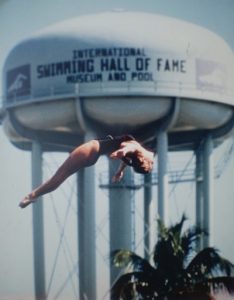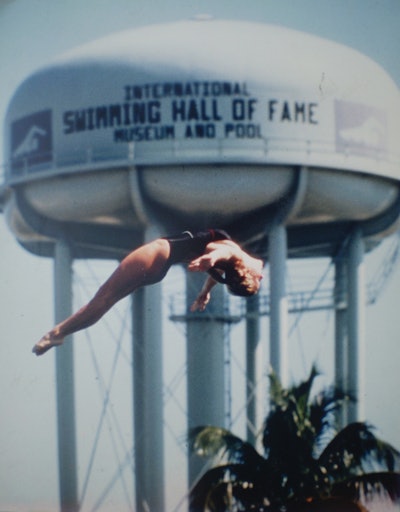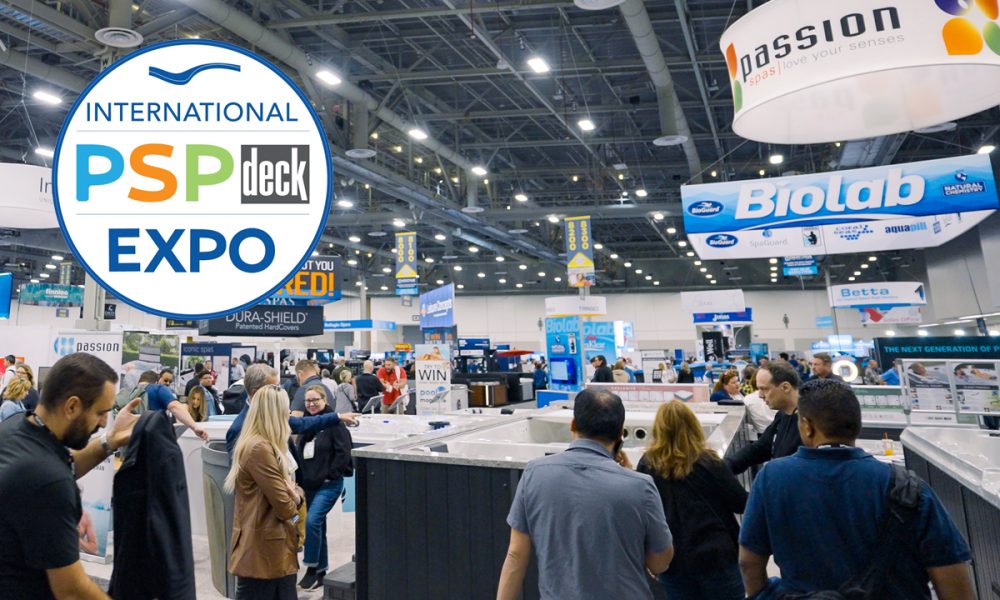COVID-19 has affected our lives in many ways. This includes what people do for recreation and leisure. People found new ways to spend time at home, as many cancelled vacations and limited their activities. Hot tubs and pools were purchased to turn their homes into private oases.
Sales of Hot Tubs are up significantly since the pandemic. They’re a better alternative to swimming pool. Hot tubs may be more affordable and require less maintenance, but they still pose the same safety risks.
Hot Tub Safety: It’s Important
Hot tubs are not as safe as swimming pools even though they require less maintenance.
Cleaning, checking the water balance, inspecting and servicing the hot tub, and following the safety regulations and guidelines can keep users safe and extend the life of the components.
In honor of International Code Council’s building safety month campaign, we discuss the importance of hot-tub maintenance and what you should know to keep it safe for you, friends, and family.
Truth 1: Your hot tub/spa needs to be up to code
Hot tubs and Spas have codes which address safety and maintenance requirements. The 2021 International Swimming Pool & Spa Code(r), is a comprehensive code which is coordinated with other International Codes (r) (I Codes) as well as the Pool & Hot Tubs Alliance.
The ISPSC establishes the minimum requirements for installation, operation, and safety of hot tubs. It covers such areas as:
- Proper recirculation rates
- Chemical applications that are appropriate
- Ideal pH levels
- Skimmers are important
- Suction Outlet Fitting AssemblyRequirements
- UL listed portable spa exemptions
- Safety glazing for hazardous locations
- Electrical Requirements
You should work with the local building department in order to implement codes, standards, and regulations that are up-to date and applicable for your hot-tub. They can help you obtain any permits required and they may even be able find a reliable contractor.
In most states, there is no requirement for a license to operate a hot tub or pool contractor. A permit is still necessary, even if there are no licensing requirements. It ensures that the contractor will include the plumbing, electrical and mechanical items in the permit.
PHTA offers contractor certifications. This is a great way for property owners and contractors to verify that their contractor understands all the standards and codes that govern installation and maintenance.
Truth # 2: It’s Important to Maintain a Safe Temperature Range
You may be tempted by the hot tub’s temperature, but staying within the range of recommended temperatures can prevent pathogens, pollutants and dehydration.
According to the U.S. Consumer Product Safety Commission the safest range of temperature for a hot spa is between 100 and 102 degrees Fahrenheit. The temperature should not exceed 104 degree Fahrenheit.
By maintaining this temperature range and performing periodic water tests, you can prevent the growth of bacteria. Elevated temperatures make it impossible for bacteria and viruses to survive.
Higher temperatures can also improve the effectiveness of sanitation. If the hot tub is treated with chlorine, for example, the process of sanitation would be accelerated, allowing a more efficient removal pathogens from the water.
Higher temperatures can affect the chemicals and sanitation applied to water. If the water in the hot tub is treated with chloramine, it could convert faster. This would require additional chlorine.
Chlorine is an oxidizer that destroys contaminants. The chemical reaction that occurs while the chlorine is in action will produce chloramines. Hot tub water can smell because of these chloramines. Chloramines, a form of chlorine combined with oxygen, are formed in water. They then release gas into the atmosphere above the water. These chloramines may build up in hot tub water and negatively affect the air surrounding the hot spa location.
Most manufacturers of hot tubs and spas recommend using bromine instead of chlorine when operating at higher temperatures. The bromine will not dissipate at higher temperatures and the pH level has a greater impact on the chlorine.
The LIE: You can go chemical-free
Hot tubs require chemicals to maintain a safe water level and kill bacteria. Hot tubs and spas use a variety of chemicals to maintain a safe water level.
- Chlorineis a chemical that is used to destroy bacteria, viruses, and other microorganisms in order to keep water clean and safe.
- Hot Tub shock kills contaminants and restores water clarity through oxidation and breakdown of unwanted substances.
- Alkalinity Increaseris a product that is used to increase the alkalinity total of water.
- is used to increase or decrease the pH of the water. Ideal pH for a hot-tub is between 7.2 and 78.
- Calcium hardness increaseris used when the calcium levels are too low. By maintaining the right calcium hardness, you can prevent water from becoming corrosive.
- Line Flusher Cleaneris designed to remove accumulated residue, oils and contaminants in plumbing lines. This helps to avoid clogs.
It is important to adhere to the instructions of the manufacturer and the local health regulations when using these chemicals in hot tubs. Improper chemical use can cause water chemistry imbalances, skin irritations or other health problems.
Store chemicals in accordance to the instructions of the manufacturer and separate from equipment rooms. The adverse air quality created by storing chemicals can reduce the life expectancy of hot tubs.
How to Create a Safe Home Environment
It is important to maintain your hot tub properly, whether you plan on buying one or already own one. You can create a relaxing, enjoyable atmosphere at home by educating yourself on safety and following the applicable measures.
On the Building Safety Month Website, you can find several tools and resources that will help you maintain a safe environment at home.
The post Safety of Hot Tubs: Two Truths and a LIE first appeared on PoolMagazine.com. Get the Latest Pool News.







